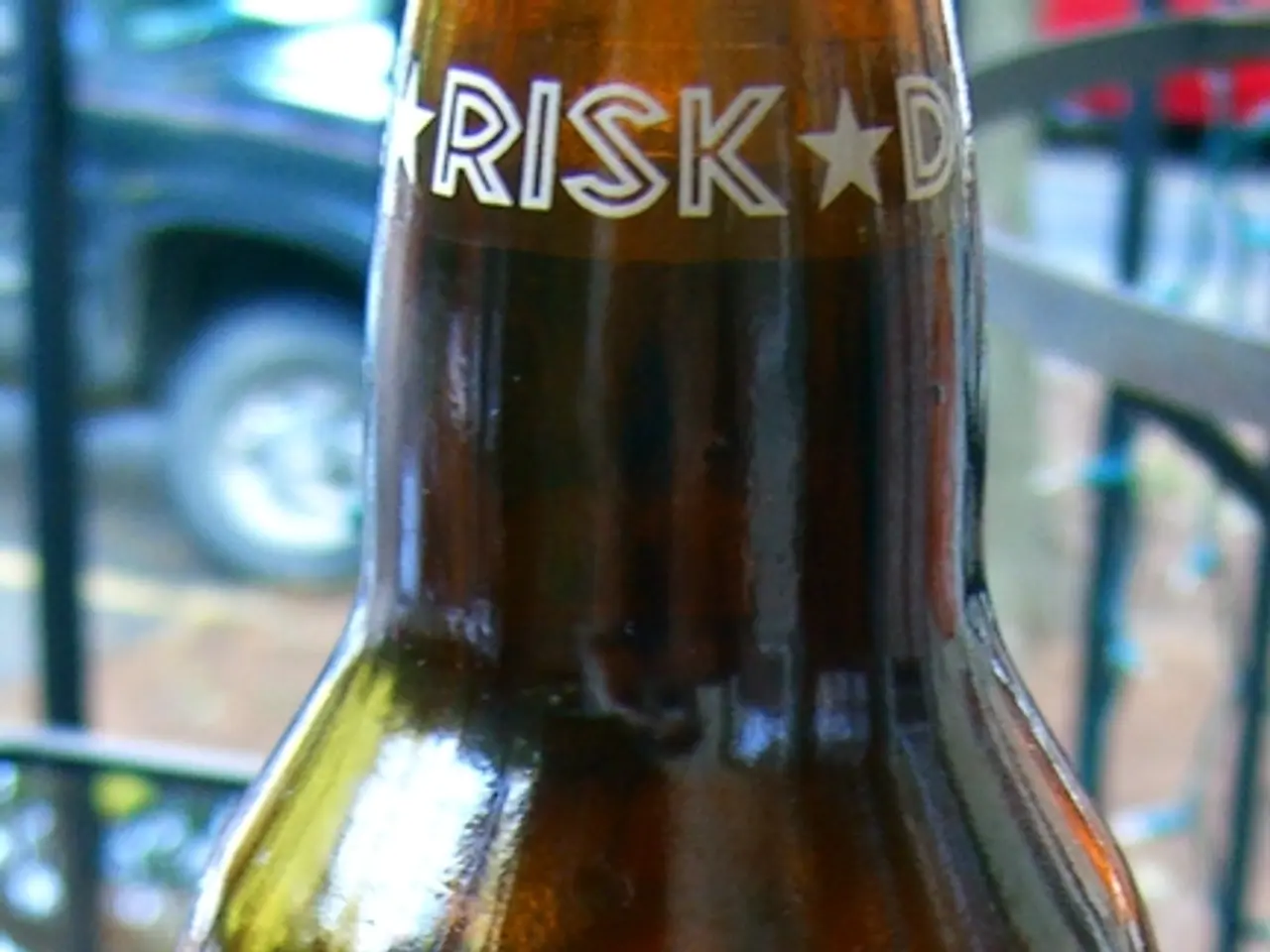Are the health advantages of tequila legitimate?
In the realm of alcoholic beverages, tequila and raw agave have been the subject of much debate regarding their potential health benefits. Let's delve into the facts surrounding these two substances.
Raw agave, particularly its unprocessed parts, is rich in phenolic compounds and flavonoids that exhibit antioxidant, anti-inflammatory, antidiabetic, antibacterial, and immunomodulatory properties. These bioactive compounds could potentially aid in glycemic control, cardiovascular health, and obesity risk reduction. However, most commercial agave syrup is highly processed, degrading these healthy qualities, and converting healthy fructans into fructose, diminishing the benefits [1][3].
Tequila, when made from 100% blue agave, can be a reasonable choice for health-conscious drinkers. It is lower in sugar and free of additives compared to many other liquors, sugary cocktails, or heavily processed alcoholic beverages [2]. During tequila production, the natural sugars in agave are fermented into alcohol, so tequila itself contains little sugar [3]. It’s important to choose tequila labeled “100% agave” to avoid added sugars or fillers [3].
When comparing tequila to other types of alcohol, it stands out as a comparatively healthier option. Tequila has naturally low sugar content and few additives, making it potentially easier on the body and less likely to cause hangovers due to additives, although tequila is not hangover-proof [2].
However, it's essential to remember that the health benefits linked to raw agave come mainly from its phenolic compounds and flavonoids, which are mostly lost in processed agave syrup and are minimal in distilled tequila [1][3]. Tequila itself, especially pure 100% agave types, is considered a cleaner, lower-sugar alcohol option but it does not confer unique health benefits beyond being potentially easier to digest and less additive-laden compared to many other spirits [2].
Agave syrups, on the other hand, may contain more calories, sugar, and carbohydrates than regular sugar [4]. Drinking alcohol increases the risk of developing a wide range of adverse health complications, including depression, anxiety, memory and learning problems, reduced immune function, obesity, heart disease, and cancer [5].
In conclusion, while raw agave has some promising health-related bioactive compounds, these do not strongly translate to tequila consumption benefits beyond its purity and low sugar content. Compared to other alcoholic beverages, tequila may be a preferable moderate choice for health-conscious drinkers, but it should still be consumed responsibly.
References: 1. Agave inaequidens flowers: A review of the biological activities and potential health benefits 2. The Health Benefits and Risks of Tequila 3. Agave Syrup: A Sweetener With a Dark Side 4. Agave Nectar vs. Regular Sugar: What's the Difference? 5. Health Risks of Alcohol Use
- The biological activities and potential health benefits of Agave inaequidens flowers are a subject of interest in science.
- Asthma patients might want to be cautious with the consumption of tequila, as it contains a small amount of fructans.
- Spondylitis patients may find relief with probiotics, aiding in digestion and reducing inflammation.
- The predictive value of obesity risk reduction with raw agave consumption is still under investigation by health and wellness researchers.
- Ankylosing spondylitis patients should consult their healthcare provider before consuming tequila, as it could potentially interact with their medications.
- Depression and bipolar disorder patients are advised to avoid alcohol, including tequila, as it can worsen their conditions.
- Psoriasis patients might benefit from skin-care products containing CBD, as it has shown potential anti-inflammatory properties.
- In the realm of education and self-development, learning about healthy cooking techniques and nutrition can aid in weight management.
- Workplace wellness programs often include fitness and exercise activities to combat obesity and related medical conditions.
- Probiotics may help manage the side effects of some therapies and treatments for various medical conditions, including diabetes.
- Personal growth and general well-being can be improved by adopting a healthy lifestyle that includes balanced nutrition, fitness, and skin-care routines.
- Science has linked obesity to a higher risk of developing NSCLC (non-small cell lung cancer).
- Social media platforms can serve as a valuable resource for sharing healthy recipes, fitness tips, and general wellness advice.
- Career development often requires a balanced lifestyle that incorporatespersonal growth, education, and social media engagement.
- Casino-and-gambling activities are not conducive to a healthy lifestyle, contributing to overall health risks and reducing workplace well-being.
- Entertainment, such as watching sports or engaging in sports-betting, can be enjoyed in moderation as part of a balanced lifestyle that includes fitness and exercise.
- Sports, particularly basketball, offer numerous physical and mental health benefits, promoting overall fitness and well-being.
- Science is continuously studying the effects of various factors, including diet and nutrition, on the development and management of various medical conditions, such as obesity and diabetes.
- Lifestyle choices, such as cooking healthy meals at home, practicing healthy skin care, and engaging in fitness and exercise, can lead to a more balanced life, promoting overall health and well-being.




